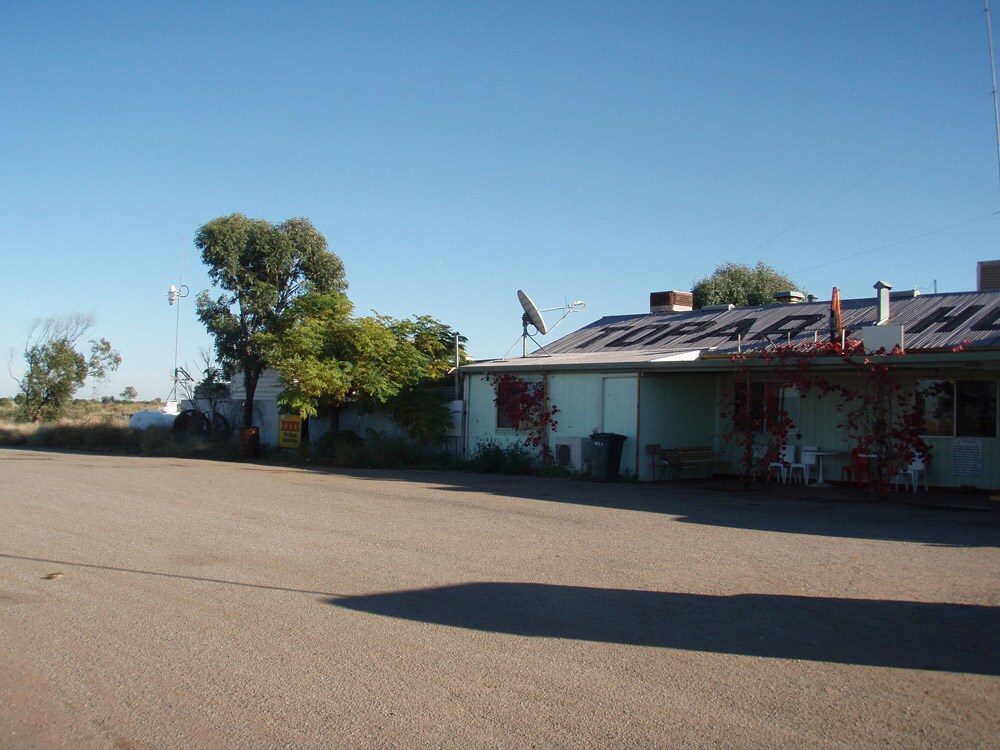There are numerous factors that can influence oral health. Socioeconomic status, access to education, and geographic location, just to name a few, can affect oral health and the ability to access oral health care. These factors are known as social determinants of health (SDH) and they are the conditions in which people live, grow and work; circumstances which are influenced by money, power, and resources. These factors can affect a person’s health and ability to access healthcare and can be responsible for the often unfair and unavoidable differences in health1.
Having completed a student placement that included providing dental services to Indigenous communities in remote NT, to working as a registered dentist in a rural town, regional city, and now metropolitan Sydney, it is obvious how geographic location can affect patient treatment and outcomes. For most of my dental career, I have had one specialist per specialty available for referral. At times, however, there was no access to some specialties and other dental practitioners, or specialists, adapted to fill the gap. Although grateful to have had specialist services available, long wait times could result from the scarcity of these services, sometimes causing patient frustration. In some cases, patients declined referrals due to the travel required to seek care. Travelling from rural and remote locations to access health care can result in lost days of school and/or work, lost income and extra expenses for food and travel. As well, for people unable to drive themselves, the transport role falls on family and friends.
Oral health literacy, also a SDH, refers not only to having health knowledge but also how to navigate and access the health care system. Assisting patients who are required to travel to seek specialist care can streamline the process and potentially limit the time spent accessing this care. When I was working in a rural town, a patient presented with a mandibular cyst and the oral maxillo-facial surgeon (OMFS) was located 100km away – although not that far, roughly a one-to-one-and-a-half-hour drive, it meant a day off work, even for a consultation. The local hospital could provide an orthopantomogram, but further radiographic imaging was required. By consulting with the OMFS prior to the patient’s appointment, it was possible to streamline the process and limit the number of necessary appointments allowing for all preliminary care to be undertaken in one day, minimising expenses and time spent off work.
In addition to geographic location and travel, other factors impacting oral health for rural, remote and even sometimes, regional, residing Australians, can include:
Lack of access to fluoridated water due to population sizes less than 1000 people or government policies rejecting fluoridated community water.
Socio-economic status.
Working conditions and economy.
Culture.
In addition, hiring dental professionals to work in remote, rural, and regional areas can sometimes prove difficult. Having worked in a rural town as a new graduate, it is an experience I can personally recommend to build your skills and career.
1Social determinants of health. World Health Organization. 2021. Available from https://www.who.int/gender-equity-rights/understanding/sdh-definition/en/
About the Author:
Dr Mikaela Chinotti, BDS, MPH, is a practicing general dentist, having graduated as part of the inaugural dentistry cohort from James Cook University (JCU) in 2013. Mikaela returned to her alma mater completing a Masters in Public Health, majoring in health promotion. Mikaela works at the Australian Dental Association (ADA) as the Oral Health Promoter. Her passions lie in minimal intervention dentistry, health promotion and health education as well as the provision of ethical and equal oral health care for all Australians. Mikaela is an inaugural member of Colgate’s Advocates for Oral Health: Editorial Community; becoming a member due to her strong interest in mentorship, education and promoting good oral health.

